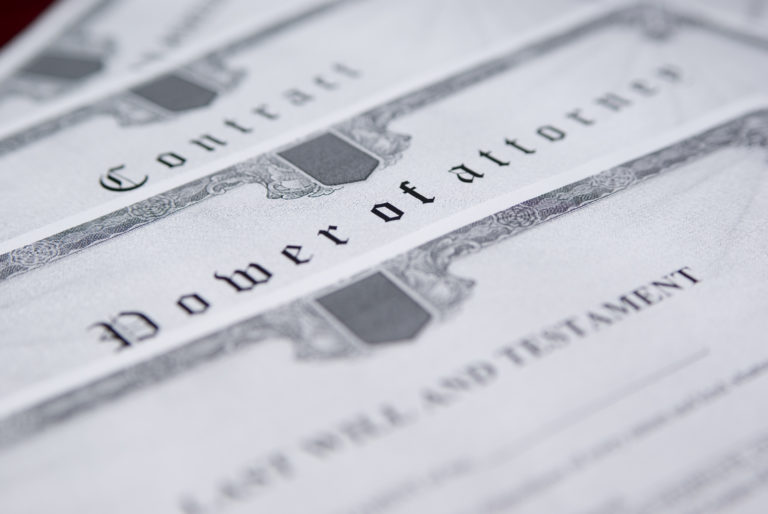
What’s the Difference between a Conservatorship and a Guardianship?
The conservator is court appointed and may be responsible for financial decisions, such as retirement planning, the purchase or sale of property and the movement of any other financial assets.










